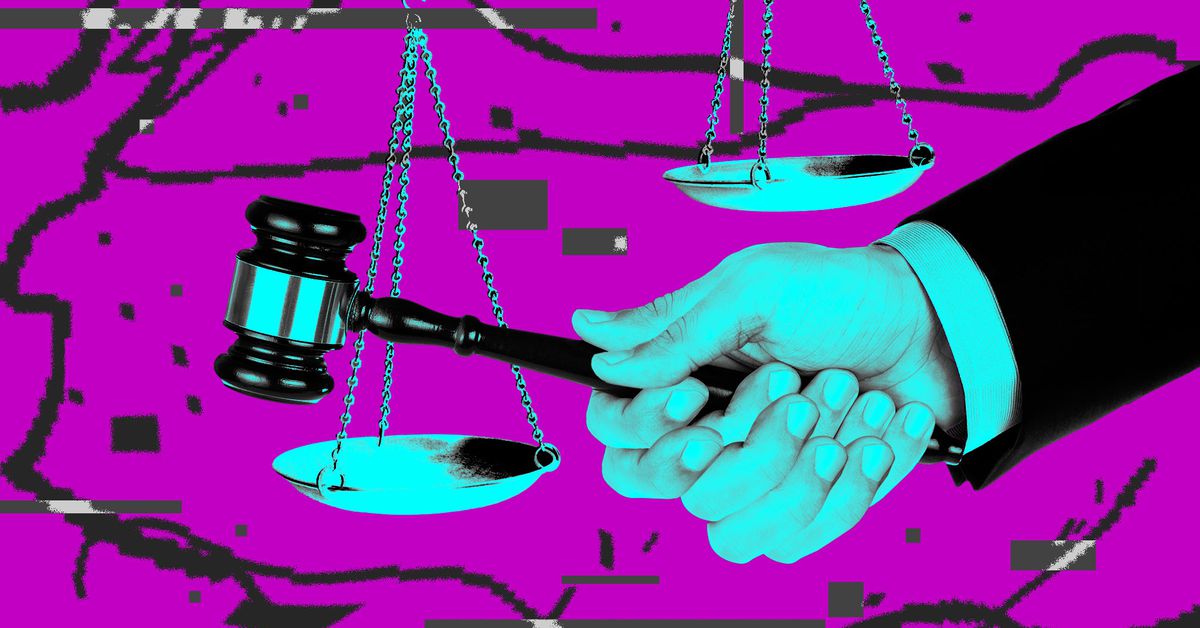A bipartisan group of senators introduced a new bill to make it easier to authenticate and detect artificial intelligence-generated content and protect journalists and artists from having their work gobbled up by AI models without their permission.
The Content Origin Protection and Integrity from Edited and Deepfaked Media Act (COPIED Act) would direct the National Institute of Standards and Technology (NIST) to create standards and guidelines that help prove the origin of content and detect synthetic content, like through watermarking. It also directs the agency to create security measures to prevent tampering and requires AI tools for creative or journalistic content to let users attach information about their origin and prohibit that information from being removed. Under the bill, such content also could not be used to train AI models.
Content owners, including broadcasters, artists, and newspapers, could sue companies they believe used their materials without permission or tampered with authentication markers. State attorneys general and the Federal Trade Commission could also enforce the bill, which its backers say prohibits anyone from “removing, disabling, or tampering with content provenance information” outside of an exception for some security research purposes.
(A copy of the bill is in he article, here is the important part imo:
Prohibits the use of “covered content” (digital representations of copyrighted works) with content provenance to either train an AI- /algorithm-based system or create synthetic content without the express, informed consent and adherence to the terms of use of such content, including compensation)



Disney won’t sell licenses.
They’ll keep their monopoly on 95% of the training data on the market for entertainment content, so they can accelerate their workflows using those tools, and everyone else is now trying to compete with their giant wallet and their extra tooling you’re not allowed to compete with.
I am not understanding. They will now be even more effective at what they do and will be building a tech stack that no one else has access to and you think this is a win for the little guy?
If you owned a store, then a Walmart setup next to it and Walmart rolled out some new barcode system that your scanners didn’t work on how the hell would that benefit you?
Not only are the already bigger, they are getting efficiencies they aren’t sharing with your business. You want open protocols, you want tool sharing, you want the market as a whole to be getting more efficient. You don’t want some company that already won able to pulverize by sheer size anyone who competes.
No, it’s very obviously not a win for the little guy.
If you can’t learn from public performances, art dies. That’s all of art for thousands of years.
So what will happen to art if we only disallow AI models from learning from copyrighted performances, whilst still allowing them to do so from public domain and licensed works (and obviously not changing anything for humans who seek inspiration)?
Disney will own all of it.
Because they already own most of it and now have a massive productivity advantage.
Nah. They will cross licence with the other big players effectively closing the market to anyone they don’t bless.
They already own all the big players.